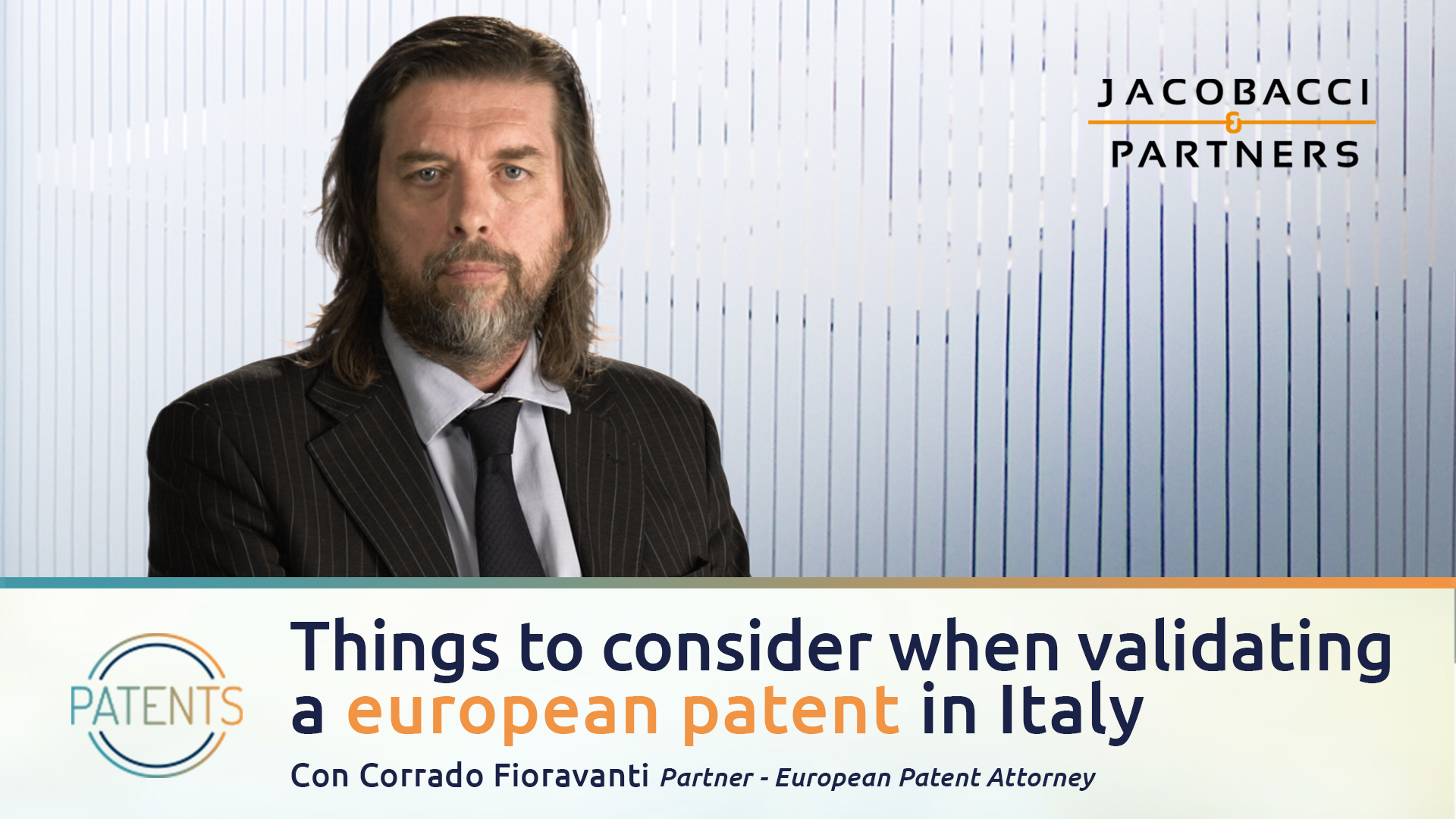The Justice Court of Milan has made its grounds for Decision 282/2019 available. The decision, dated 14 January 2019, concerns a highly disputed conflict between employer – Bettini SpA – and employee, in which the latter filed a patent in its own name.
Interpretation Issues:
According to Article 64 of the Italian Industrial Property Code, inventions developed by an employee in an employment relationship are divided into the three following categories:
-
Service inventions – the inventive activity is carried out in fulfilment of an employment contract and the employee is paid for this. The rights deriving from the patent belong to the employer, but the employee has the right to be recognised as the inventor.
-
Company inventions – the inventive activity is carried out in the fulfilment of a contract or an employment relationship where no remuneration is provided or established for this. The rights deriving from the patent belong to the employer, however, the employee can obtain a reward for the inventive activity, in addition to the right to be recognised as the inventor.
-
Occasional inventions – the inventive activity is carried out outside an employment relationship. The rights deriving from the patent belong to the inventor, but the employer may have an interest in its use and has the right of option.
Italian law tends to attribute the patrimonial rights deriving from an employee’s invention to the employer, since the latter has made available the necessary resources to carry out the inventive activity. The distinction between service and company inventions is based on whether the inventive activity was specifically paid for by the employer as such. However, grey areas and differing interpretations can cause issues.
A question of magnesium
Bettini sued its employee for claiming ownership of a patent for an invention, which originated from Application MI2013A1265 (MI'265) and was filed on 29 July 2013. On that date, the inventor was still in Bettini’s employment.
Bettini claimed that filing Application MI'265 was illegal, since the employee had been employed by Bettini’s since 16 November 2012. Further, the application was for a technological solution that concerned a process to treat magnesium and alloys with a magnesium base for anti-corrosion coating purposes, on which Bettini had carried out intense R&D.
Bettini requested that the patent be transferred to its own name under Article 118(3), since it claimed that the invention qualified as a service invention. However, the employee objected that the invention qualified as an occasional invention, or even a completely autonomous invention, with respect to which Bettini could not even claim the right of option. The parties also discussed whether Article 64(6) (ie, patents filed within one year from the termination of the employment relationship) was applicable in this case.
Company invention
In its decision, the Court of Milan did not accept Bettini’s claim that the patent referred to a service invention, but neither did it accept the employee’s claim that the invention was merely occasional. Instead, it chose the middle ground of the company invention. Article 64(6) was declared inapplicable. The court held that the invention was modified by the employee during the employment contract as a result of its research activity. However, since no remuneration was provided or established, it was deemed to be a company invention rather than a service invention. The court therefore decided to transfer the patent to Bettini in accordance with Article 118 (3), although it stated that the employee could be entitled to a reward.
The decision confirms that Italian courts favour a broad interpretation of employer’s rights to patents when the inventive activity is carried out during employment.





